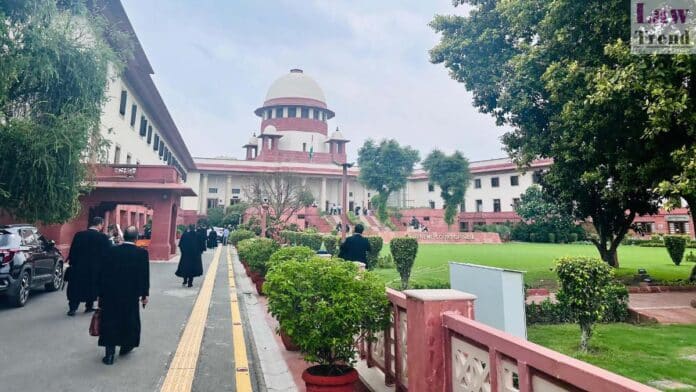In a crucial ruling aimed at ensuring judicial consistency in bail matters, the Supreme Court of India has clarified that all bail applications arising from the same First Information Report (FIR) should ideally be listed before the same judge. However, the Court introduced an important exception: if a judge’s roster has changed, this rule does
To Read More Please Subscribe to VIP Membership for Unlimited Access to All the Articles, Download Available Copies of Judgments/Order, Acess to Central/State Bare Acts, Advertisement Free Content, Access to More than 4000 Legal Drafts( Readymade Editable Formats of Suits, Petitions, Writs, Legal Notices, Divorce Petitions, 138 Notices, Bail Applications etc.) in Hindi and English.




